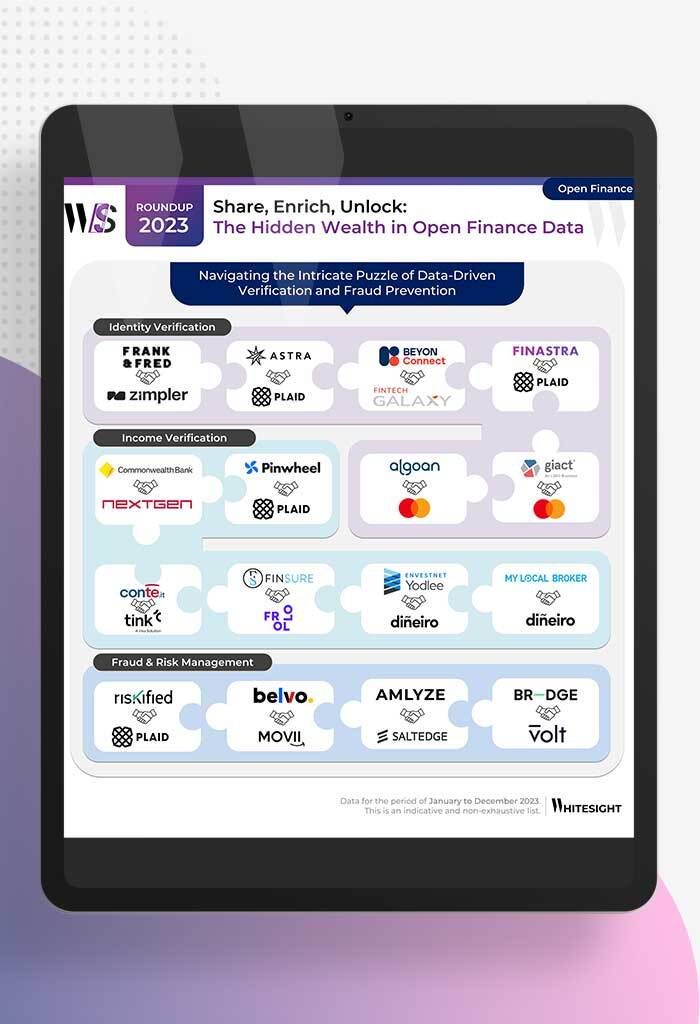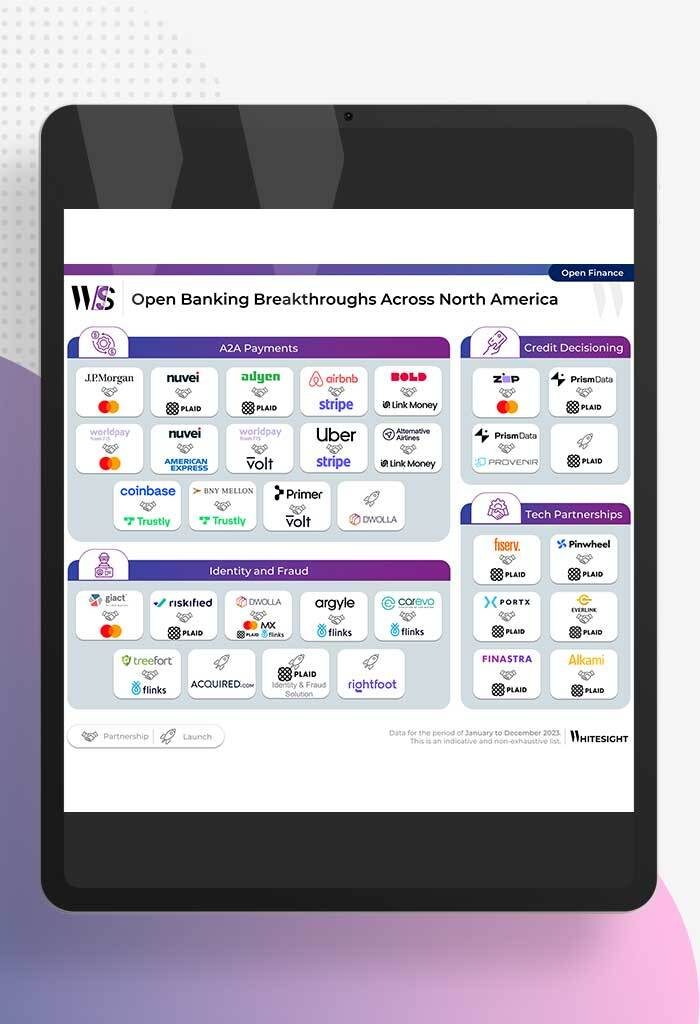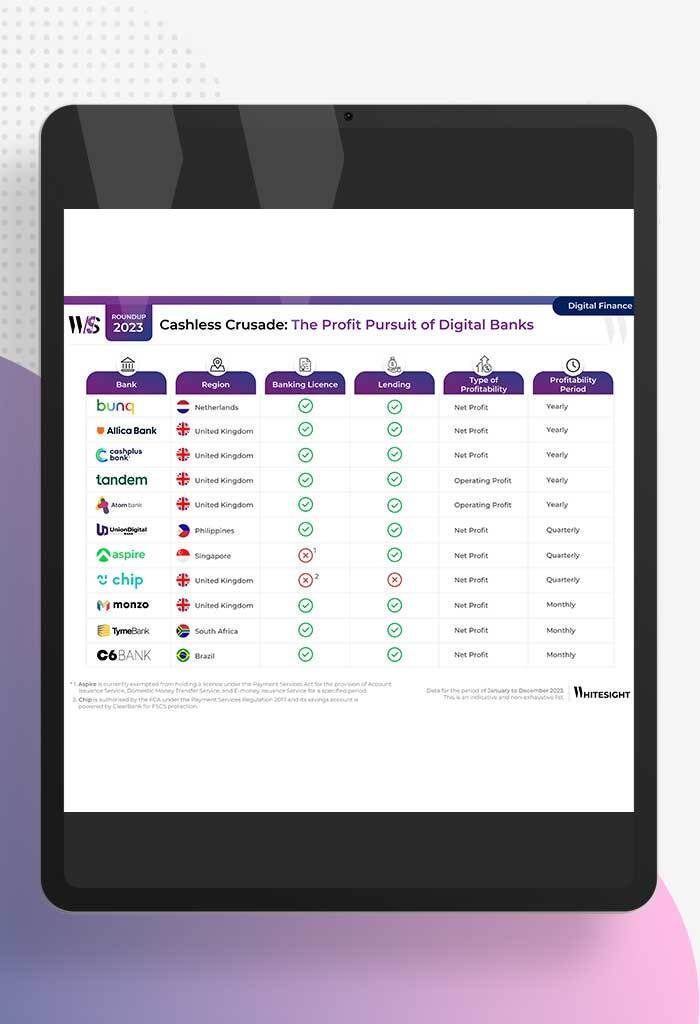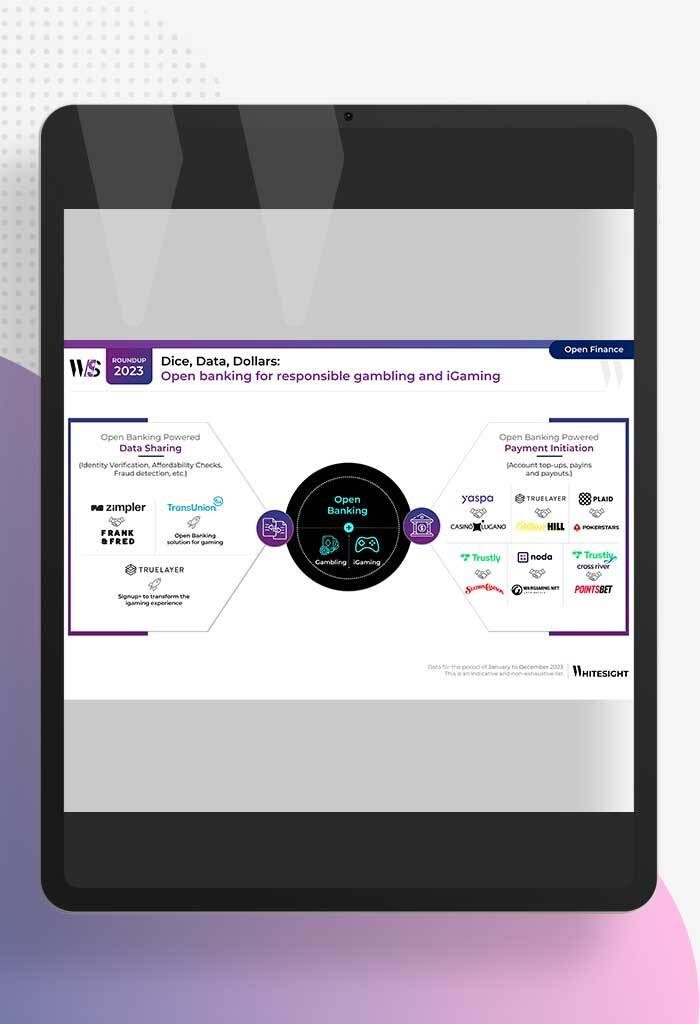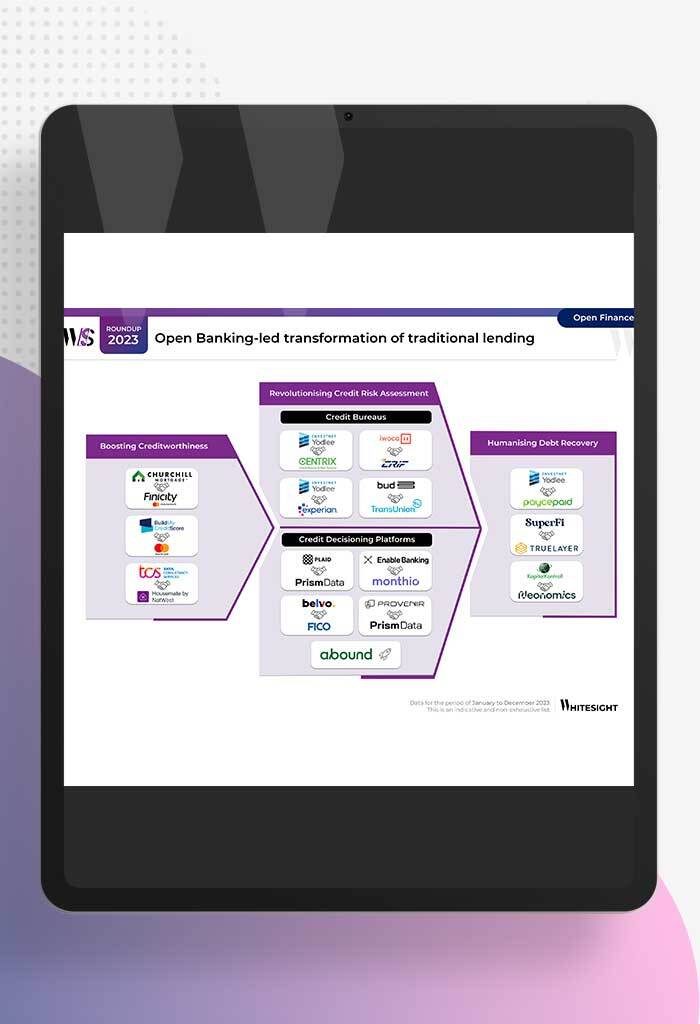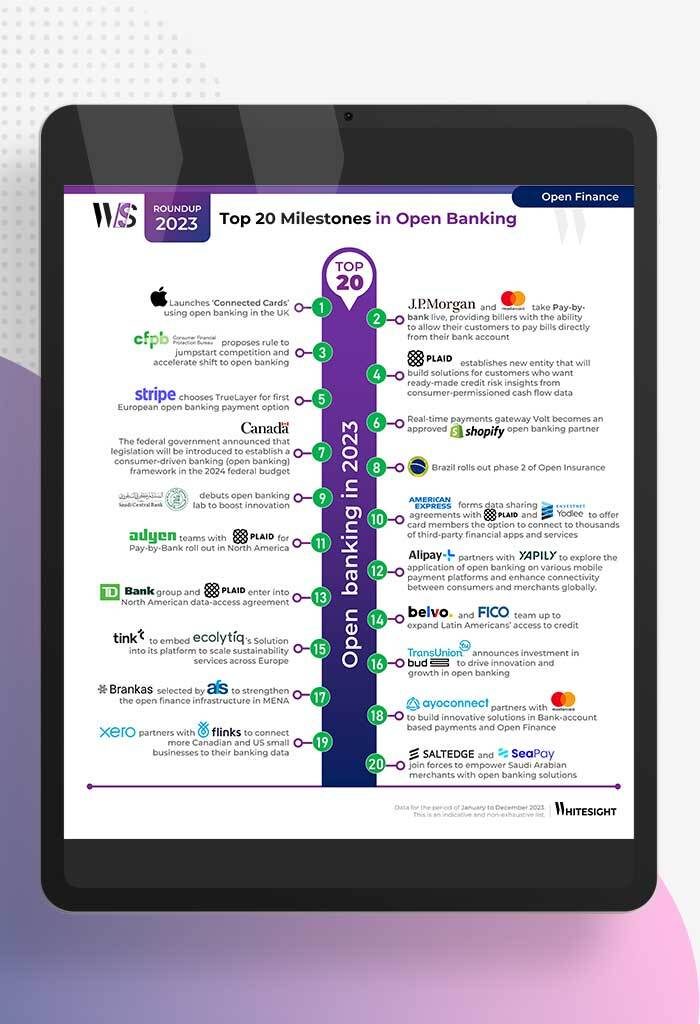Gamification — Into the Metaverse
- Kshitija Kaur and Risav Chakraborty
- 4 mins read
- Digital Assets, Insights
Table of Contents
The gaming industry has been around for decades as a source of entertainment across all generations – from listening to Mario’s iconic coin chime on Nintendo to today’s life-like models of Assassin’s Creed and Call of Duty on wireless consoles, we’ve all grown up on an assortment of these enjoyable simulations.The lens of gaming as a recreational activity has evolved immensely, thanks to modern technological development that enables more complex cloud-based and virtual reality (VR) advancements to be integrated into them. With more and more people engaging in an online-everything ecosystem, the gaming sector is gaining traction for bringing the vision of realistic experiences to life. And with the concept of metaverse uplifting existing internet technologies via an interoperable and unified virtual space, video gaming can redefine the future of online interactions, content ownership, and even realistic trading.In this post, we take a look at some of the game-changing initiatives that are embracing the “gamification” of everyday lives to build diverse businesses and play-to-earn models in the race of futurism. Changing The Game: 2016-2018The idea behind the convergence of the physical with the virtual isn’t particularly new, with names such as Fortnite, Roblox, and Second Life acting as examples of […]
This post is only available to members.
Already a subscriber? Log in to Access
Unlock this blog
Gain exclusive access to this blog alone.
Radar Subscription
Select a membership plan that resonates with your
goals and aspirations.
Not Ready to Subscribe?
Experience a taste of our expert research with a complimentary guest account.
We publish new research regularly. Subscribe to stay updated.
No spam.
Only the best in class fintech analysis.
Related Posts
- Kshitija Kaur and Sanjeev Kumar
From Data Streams to Enriched Data Fountains Remember the early days of plumbing? Water flowed freely, but its quality was...
- Samridhi Singh and Sanjeev Kumar
North America’s Open Sesame: Use Cases Bloom Open banking has garnered significant attention in recent years, and at Whitesight, we’ve...
- Samridhi Singh and Sanjeev Kumar
Profitability Unlocked: Licences, Service, and Survival The rise of digital banks has sparked a paradigm shift in how we perceive...
- Sanjeev Kumar and Risav Chakraborty
High stakes in the gambling sector The online gambling industry is booming, with a projected market size of $107.3B by...
- Sanjeev Kumar and Risav Chakraborty
Open Banking-led Transformation of Traditional Lending In 2023, a wave of innovation swept through the lending industry, thanks to several...
- Sanjeev Kumar
Unmasking Open Banking’s Game Changers in 2023 2023 has been a pivotal year in the world of open banking, marked...
